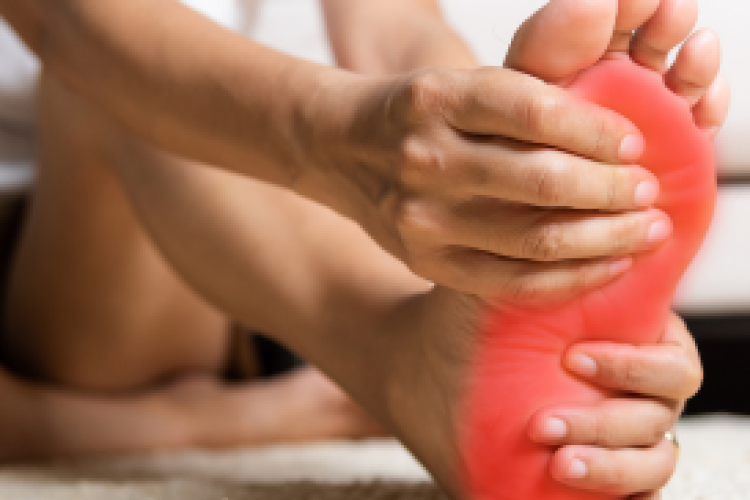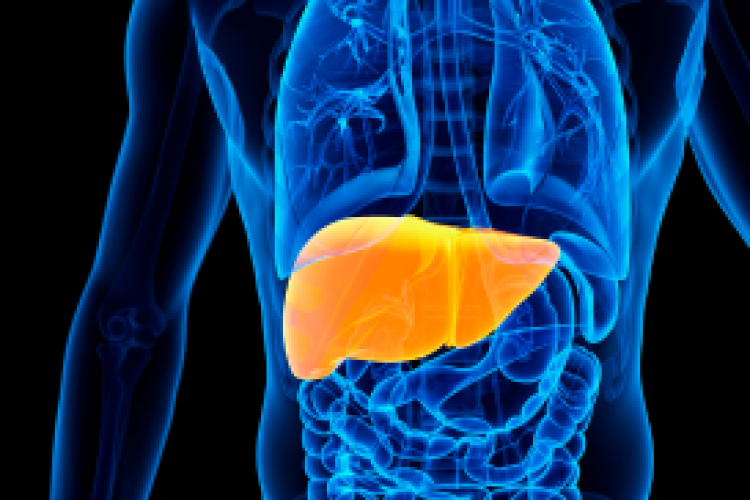
February is Heart Health Month, a good time to learn about steps you can take to reduce your risk of cardiovascular disease. Heart disease is the leading cause of death for men, women and people of most racial and ethnic groups in the United States.
“One person dies every 33 seconds from heart disease in the U.S.—about 695,000 people in 2021,” said Duane Bryan, MD, FACC, a cardiologist with Highland Medical Advanced Cardiovascular Care and Chief Medical Director of Nuclear Cardiology at Montefiore Nyack Hospital.
High blood pressure, high blood cholesterol, and smoking are key risk factors for heart disease. “There are a variety of lifestyle changes you can make to reduce your heart risk,” Dr. Bryan said. He recommends these eight tips to keep your heart healthy:
1) Eat healthy.
⦁ Choose healthy meals and drinks.
⦁ Be sure to eat plenty of fresh fruits and vegetables and foods high in fiber.
⦁ Eat fewer foods high in saturated fat, trans fat and cholesterol.
⦁ Limit your salt intake. Salt is associated with high blood pressure.
⦁ Limit sugar in your diet to lower blood sugar, especially if you have diabetes, prediabetes or want to lose weight.
⦁ Don’t drink too much alcohol. Men should have no more than two drinks per day, and women no more than one drink per day.
2) Maintain a healthy weight. Losing as little as 5% of your weight can start to lower your right of heart disease and other chronic conditions. It’s not easy to lose or even maintain your weight as you age, but here are some tips to make it easier:
⦁ Find your inner motivation to lose weight. If you’re having trouble getting motivated to eat healthier or exercise, think about your long-term goals. For instance, it could be wanting to see your children and grandchildren grow up or to be able to play with them.
⦁ Get enough quality sleep. When we don’t sleep enough, we crave more carbs and sugar, which give us the most energy. Being well-rested will help you reduce cravings.
⦁ Eat mindfully. Pay attention to what and how much you’re eating. If you eat at your desk, in front of the TV or on the run, you don’t give your mind time to process what you’re eating. Look at, touch, smell your food.
⦁ Plan balanced meals and cut down on calories. Fill half of the plates with fruits and vegetables, one quarter for grains and one quarter for proteins. Skip white rice, white bread or pasta. Instead choose beans, lentils or whole wheat pasta or bread. For protein, stay away from fried chicken or wings. Instead, choose lean cuts of meat and take off the skin. If you eat canned fruit, avoid fruit canned in heavy syrup.
⦁ Don’t skip meals, eat breakfast daily. If you skip a meal, you’ll be so hungry you’re at risk of overeating. Eat at least three meals a day, 4 to 5 hours apart. Breakfast gives us the energy we need to start the day. Even a protein bar or a banana is better than nothing.
⦁ Drink plenty of water. It’s good for the body overall and may help you distinguish feelings of hunger from feelings of thirst.
⦁ Avoid sugared foods and drinks. Instead of juice, try water with a twist of lemon. Put less sugar in your coffee.
⦁ Read food labels. Compare different labels to see which foods have less sodium or added sugar.
3) Exercise regularly. Physical activity can help you maintain a healthy weight and lower your blood pressure, blood cholesterol and blood sugar levels. For adults, the Surgeon General recommends 2 hours and 30 minutes of moderate-intensity exercise, like brisk walking or bicycling every week. Children and teens should get one hour of physical activity every day.
4) Don’t smoke. Cigarette smoking greatly increases your risk of heart disease. If you do smoke, quitting will lower your risk for heart disease. Your doctor can recommend ways to help you quit.
5) Lower your cholesterol.
⦁ Test your blood levels of cholesterol at least once every 4 to 6 years. If you have already been diagnosed with high cholesterol or have a family history of the condition, check your cholesterol often.
⦁ Eat fewer foods with bad fats such as baked foods, butter, lard, margarine, chicken or turkey skin, egg yolks, whole milk, cheese, fatty meats, liver and other organs.
⦁ Eat plenty of foods with good fats like avocado, olive oil, canola oil, fish and nuts. Peanuts and sunflower seeds are filled with good fats and fiber.
⦁ Eat more foods high in dietary fiber such as whole grains and whole grain products.
6) Control your blood pressure. Check your blood pressure regularly. Lower your sodium intake. Salt is a big contributor to high blood pressure. Dr. Bryan recommends the DASH Diet (https://www.nhlbi.nih.gov/education/dash-eating-plan), which focuses on limiting saturated fat and sodium. It requires no special foods. “It’s a realistic diet, which people can easily fit into their lifestyle,” he said.
⦁ Avoid processed meats, poultry, and seafood – like deli meats, sausages, sardines, sauces, dressings, and salted condiments and instant foods, like flavored rice or noodles.
7) Manage your stress.
⦁ Take a break from news stories. Limit checking news to a couple of times a day. Disconnect from the phone, TV and computer for a while.
⦁ Get enough sleep. Go to bed and wake up at the same time each day. Get at least 7 hours or more per night.
⦁ Make time to unwind. Take deep breaths, stretch or meditate.
⦁ Do some other activities you enjoy.
⦁ Connect with others. Talk with people you trust about your concerns and how you are feeling. Connect with your community-based or faith-based organizations.
8) Take your medicines as directed. To treat high blood pressure, high cholesterol and diabetes, you need to take your medicines as prescribed. “Sometimes a patient will tell me, ‘I’m not a medication person.’ I respond, ‘Well, are you a stroke person?’ Because not taking your heart medications can lead to a stroke or heart attack,” Dr. Bryan said. “If you have concerns about taking medications, talk to your doctor about the risks and benefits of what they are prescribing. You are doing yourself a disservice by not taking something your doctor has prescribed to prevent heart disease.”
It’s important to take your medication exactly as prescribed, he noted. “If your medication is prescribed to be taken daily, that is what you should do—not just when you’re not feeling well. High blood pressure is known as a ‘silent killer’ – even if you can’t feel it, high blood pressure is hardening the arteries. By the time you feel it, it may be too late – you may be having a stroke or heart attack.”
To make it easier to take pills, you can set them up in a pill box, Dr. Bryan advises. If you have morning or nighttime medications, pair them with an activity you do every night so you won’t forget, like having breakfast or brushing your teeth at night.
“Taking these eight steps will help you to improve your long-term health, and improve your chances of living longer,” Dr. Bryan said. “Not only will you be protecting your heart, but you’ll feel better, have more energy, and be able to do more of the things you enjoy doing.”



 Upcoming Events
Upcoming Events



